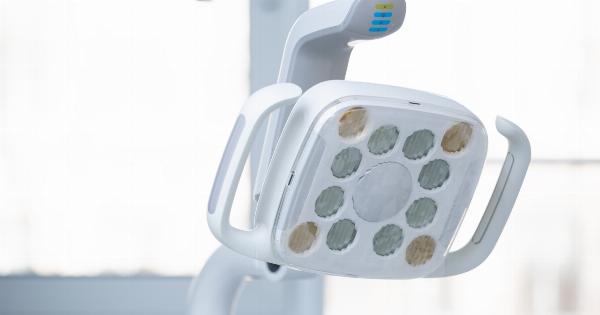When it comes to critical care, an Intensive Care Unit (ICU) plays a vital role in providing specialized medical attention and monitoring to patients who are critically ill or injured.
The healthcare team in an ICU consists of various medical professionals who work together to ensure the rapid recovery and improved health of patients. In this article, we will shed light on the five essential medical professionals found in an ICU and their significant contributions to the recovery process.
1. Intensivist
An intensivist is a physician who specializes in critical care medicine and oversees the management of patients in the ICU. This medical professional has expert knowledge in diagnosing and treating life-threatening conditions.
The intensivist collaborates with other specialists to develop comprehensive care plans that address the unique needs of each patient. Their constant presence in the ICU ensures timely decision-making and coordination of treatments.
2. Critical Care Nurses
Critical care nurses are the backbone of an ICU.
These highly skilled professionals provide round-the-clock care, closely monitoring patients’ conditions and administering medications, treatments, and interventions as prescribed by the intensivist. Critical care nurses have extensive knowledge and expertise in managing critically ill patients, recognizing early signs of deterioration, and responding promptly to emergencies.
Their attentiveness and compassionate care contribute significantly to patients’ well-being and recovery.
3. Respiratory Therapists
Respiratory therapists specialize in treating patients with breathing difficulties or respiratory conditions. In the ICU, they play a crucial role in managing mechanical ventilation and other respiratory support devices.
Respiratory therapists work closely with intensivists to assess patients’ lung function, administer respiratory treatments, and ensure that mechanical ventilation is appropriately calibrated and adjusted for optimal oxygenation. Their expertise helps prevent complications and supports patients in regaining normal breathing patterns.
4. Pharmacists
Pharmacists specializing in critical care bring their medication expertise into the ICU.
They work closely with the intensivist and other healthcare professionals, analyzing patients’ medication histories, allergies, and potential drug interactions. Pharmacists ensure that the prescribed medications are appropriate for the patients’ conditions and adjust doses based on individual needs.
Additionally, their involvement helps prevent medication errors, promotes safer drug administration practices, and monitors for any adverse effects or toxicities.
5. Physical and Occupational Therapists
Physical and occupational therapists play a vital role in the rehabilitation and recovery of patients in the ICU. They focus on restoring physical function, mobility, and independence.
Physical therapists design exercise programs to help patients regain strength, improve balance and coordination, and prevent muscle deterioration. Occupational therapists assist patients in relearning daily living activities, such as eating, dressing, and personal hygiene.
Their comprehensive approach enhances the recovery process, increases patients’ confidence, and facilitates their transition to a normal life beyond the ICU.
In conclusion, the ICU relies on a multidisciplinary team of medical professionals who work collaboratively to provide the highest level of care to critically ill patients.
The intensivist, critical care nurses, respiratory therapists, pharmacists, and physical and occupational therapists all contribute to the rapid recovery and improved outcomes of ICU patients. Their expertise, dedication, and compassion ensure that patients receive the specialized attention they need during their critical phases of illness.
This coordinated effort in critical care medicine establishes a solid foundation for a rapid and successful recovery.





























